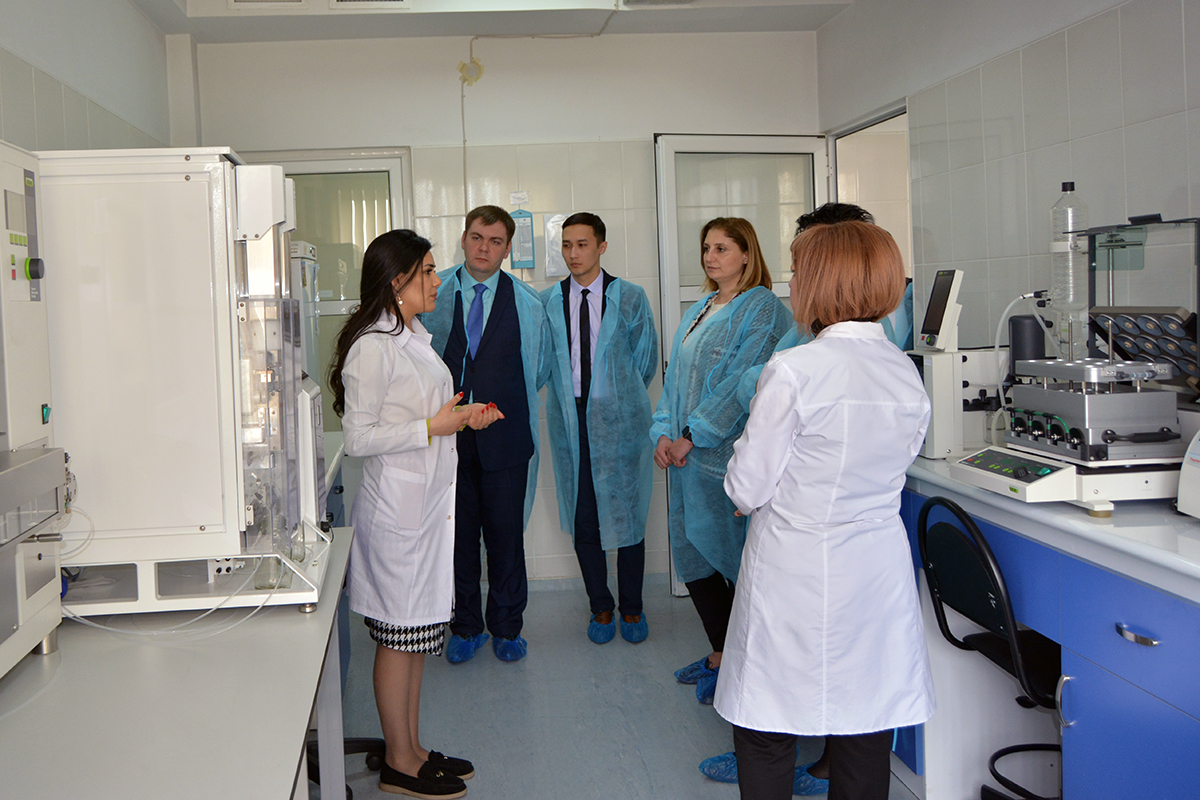The CCEURO Region - Regional Coordinator Germany
In 1964, at its second session, the Codex Alimentarius Commission established the Coordinating Committee for Europe to succeed the 'European Council of the Codex Alimentarius' and to replace the 'Advisory Group for Europe' set up at its first session in 1963.
The first meeting of the Coordinating Committee for Europe took place in July 1965 in Berne, Switzerland and was attended by 16 countries from the region.
The current coordinator, Germany, is based in the Federal Ministry of Food and Agriculture (BMEL).
Germany’s main priorities as coordinator are to:
- reduce barriers to active participation of Members of the region in Codex work;
- increase the awareness of the role of Codex and food safety in general in the transition towards sustainable food systems; and
- promote the use of Codex standards in priority areas such as antimicrobial resistance (AMR).
In addressing these priorities, the coordinator will use synergies from international and regional level activities of the Codex Secretariat, FAO and WHO as well as Codex Observers.
CCEURO Coordinator
All information on Codex is public and free
For regional enquiries contact:
CCEURO Secretariat
German Federal Ministry of Food and Agriculture
Wilhelmstrasse 54, 10117 Berlin, Germany
Tel :+49 30 18 529 4065
Email: [email protected]
Coordinator for Europe in Armenia and Moldova to promote participation in Codex
A delegation led by the Codex Alimentarius Regional Coordinator for Europe, Nailya Karsybekova, visited the Republic of Armenia from 29 to 30 April and the Republic of Moldova on May 2 and 3, to enhance participation of these countries in Codex. During the mission, meetings were held at the Ministries of Agriculture, Ministries of Health, the Inspection Bodies for Food Safety, and at the FAO and WHO Country Offices.
"The visits to Armenia and Moldova provided an opportunity to meet top-level representatives and decision-makers within the food chain and to re-confirm the importance of Codex Standards in ensuring consumer health and fair practices in food trade", said Karsybekova.
Deputy Minister of Agriculture of the Republic of Armenia Artak Kamalyan, opened a round table meeting held at the Ministry of Agriculture with the participation of representatives of different stakeholders, including state structures, the Armenian National Agrarian University, the FAO country office and non-governmental organizations in the field of consumer rights protection.

Well-equipped, labs benefit the food control system in Armenia
Key food safety challenges in Armenia include identifying and mitigating potential risks relating to pesticide and veterinary drug residues, chemical hazards that threaten food, antibiotic resistance and the need for food safety risks assessments. “These challenges put great responsibility on Government to develop policies and regulatory frameworks that establish and implement effective food safety systems”, said Iren Melkonyan, Codex Contact Point in Armenia. “Such meetings and discussions help to strengthen the role of Codex in a country and region in whole and to enhance a country’s participation in Codex activities”, she said.
In both countries, the Codex team presented the organizational structure of Codex Alimentarius, the role of CCEURO in coordinating regional Codex activities, the strategy for developing basic Codex documents within the relevant committees and the role of Codex in agricultural exports. The Armenian and Moldova hosts explained food safety policy in their countries, the structure of food safety control, as well as the scientific basis for risk assessment. Discussions explored the scope of activity of the National Codex Committee and the prospects for enhancing the capacity of Codex.
Read more
CCEURO regional web page
Learn more about FAO in Armenia







Leave a comment